We’ve all heard that pets can sometimes resemble their owners, but apparently they can act like them too according to a recent new study out of the UK published on PLOS One.
Think about it: children can often mirror their parents behaviors (especially the ones that they shouldn’t, like swearing!). So why would it be odd if our cats who are also mammals did the same? Obviously our cats aren’t going to bust out with accidental profanity. But it’s not all that surprising that our cats will observe our behavior and do the same.
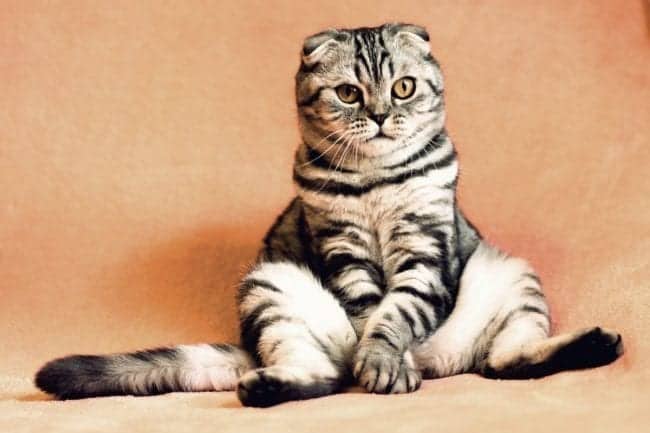
Are you neurotic or skittish…and your cat is too? Or purrhaps you’re a little sassy and your cat doesn’t take no crap from nobody either?
Nottingham Trent University and the University of Lincoln recently collaborated on a study. It was to see if there was any connection between the personalities of cat owners and the behavior and well-being of their pets. And their findings point to yes, without question.
“Many owners consider their pets as a family member, forming close social bonds with them,” reports animal welfare researcher Lauren Finka of Nottingham Trent University. “It’s therefore very possible that pets could be affected by the way we interact with and manage the. And that both these factors are in turn influenced by our personality differences.“
To conduct their research and gather necessary data, Finka and her team of researchers polled over 3,000 cat owners. During the survey process, they asked a series of questions that measured them on the Big Five Inventory (BFI) of personality traits. This assesses people’s agreeableness, conscientiousness, extroversion, neuroticism, and openness.
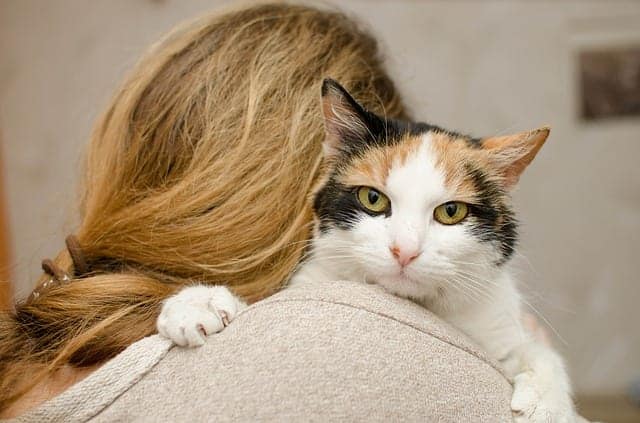
Once they’d gathered all the information needed to conduct their thorough research, they discovered a direct number of correlations that not only predicted the cat’s general welfare, but also its own personality.
So what do they mean exactly?
Well, they saw that owners who claimed to have anxiety or neurosis often had cats that they cited as having “behavioral issues” for them as well. They also revealed some owners made claims that weight was an issue for them. These people often reported that their cat had weight management issues as well.
“The majority of owners want to provide the best care for their cats, and these results highlight an important relationship between our personalities and the wellbeing of our pets,” said Finka. “Further research is needed to investigate the causal nature of this relationship – and to look at if, and how, owner personalities are directly influencing their cat’s behaviour and welfare.”
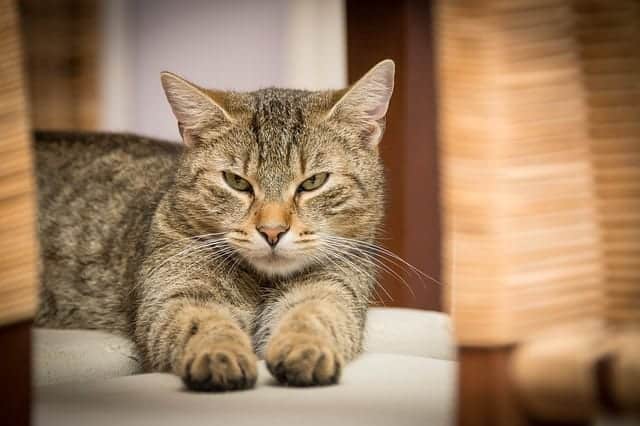
It’s been declared by the research team that further research is needed to make exact claims. But it’s clear to see given this information that our cats do mirror our behaviors more often than not.
Read here to see some key takeaways from the study:
Higher owner Neuroticism was associated with an increased likelihood of non-pedigree rather than pedigree cat ownership, a decreased likelihood of ad libitum access to the outdoors, cats being reported as having a ‘behavioural problem’, displaying more aggressive and anxious/fearful behavioural styles and more stress-related sickness behaviours, as well as having an ongoing medical condition and being overweight.
Other owner personality traits were generally found to correlate more positively with various lifestyle, behaviour and welfare parameters. For example, higher owner Extroversion was associated with an increased likelihood that the cat would be provided ad libitum access to the outdoors; higher owner Agreeableness was associated with a higher level of owner reported satisfaction with their cat, and with a greater likelihood of owners reporting their cats as being of a normal weight.
Finally higher owner Conscientiousness was associated with the cat displaying less anxious/fearful, aggressive, aloof/avoidant, but more gregarious behavioural styles. These findings demonstrate that the relationship between carer personality and the care received by a dependent, may extend beyond the human family to animal-owner relationships, with significant implications for the choice of management, behaviour and potentially the broader well-being of companion animals.
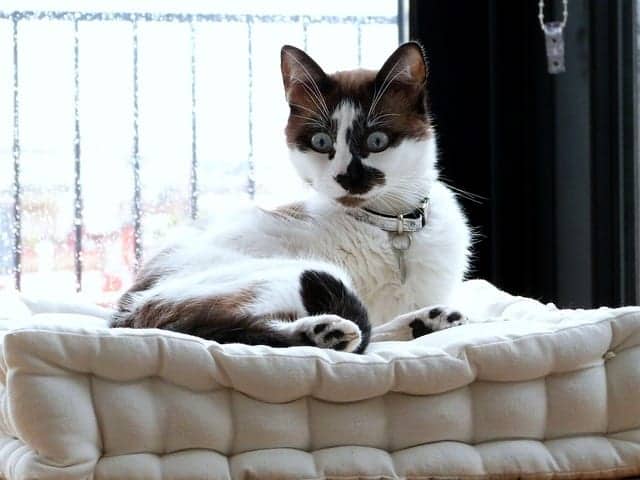
Are you a little jumpy and so is kitty? Is your cat laid-back just like you?
Well, now you know why! Most of us treat our cats like members of the family–and that’s because they are.
Feline medicine researcher Danielle Gunn-Moore from the University of Edinburgh says:
“Cats are a mini-me. They are sentient creatures strongly affected by the people around them. They are intimately bonded with their owners and they have an effect on each other.”
Similar findings were reported in another study conducted surrounding canines and their human’s behavior.
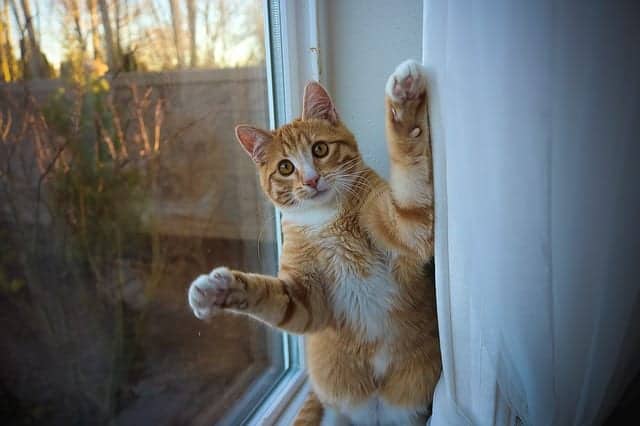
So, basically speaking, if you’re grumpy, your cat is likely to be grumpy as well. And if you’re a total spaz, then most likely you’ve got a cuckoo cat on your hands as well.
“Cats may not always find living as our pets easy,” Finka told PsyPost, “and it’s important that we are aware of how our behaviour may be impacting upon them, in both positive and negative ways.”
Although some odd reports came out centering around the study. They suggested that our cats want to kill us–this is hardly the truth. It’s just our job to make our cat’s lives with us as easy as possible. Because we do not have the ability to speak the same language. Even though we think we may!
Should you like to take a closer look at this study between human and their cat’s behaviors, you can read it here in its entirety.
REMEMBER: ADOPT, DON’T SHOP; FOSTERING SAVES LIVES & SPAY AND NEUTER!
Related Video: When Cats Look Like Bread
Related Story: Mini Black Panther Team Welcome New One-Eyed Kitten; Trio Bonds Over Striking Similarities
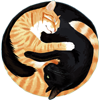


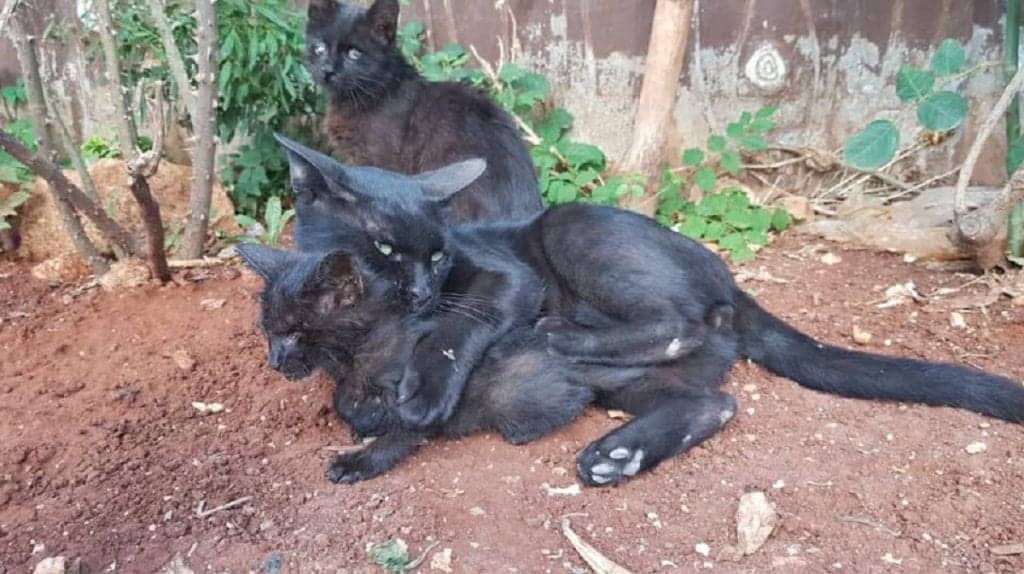
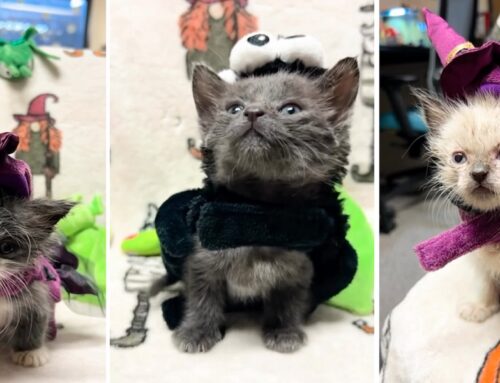

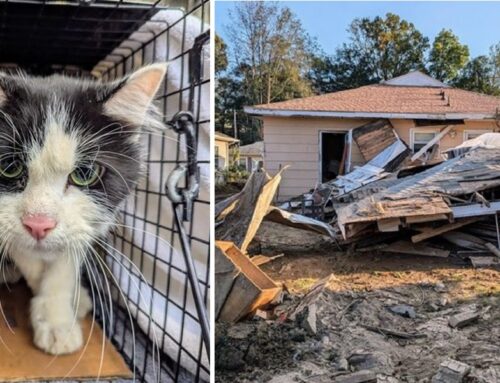
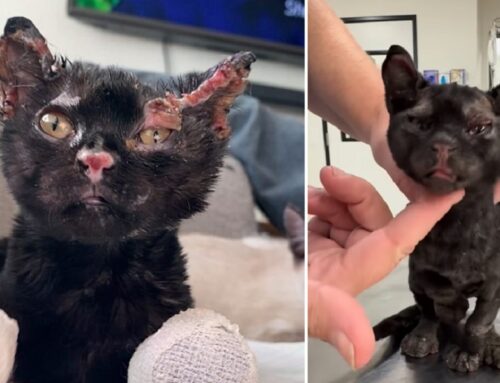
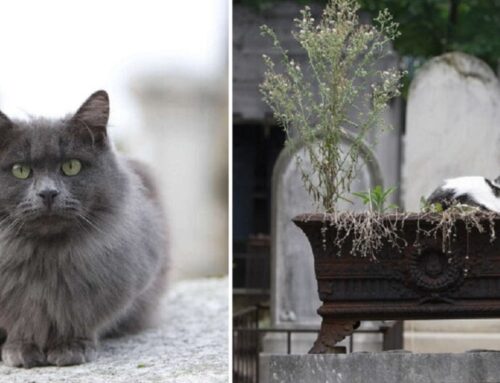
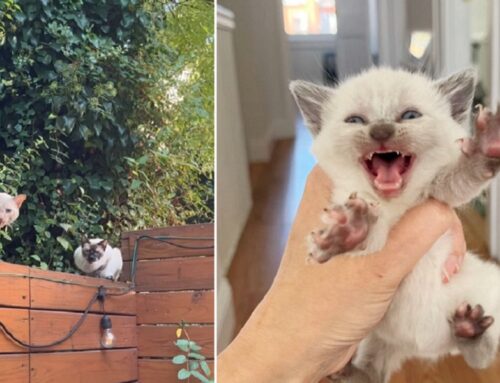
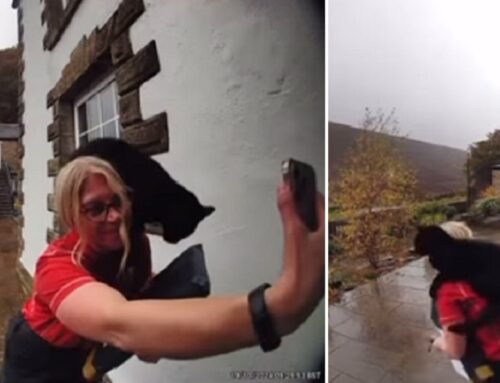
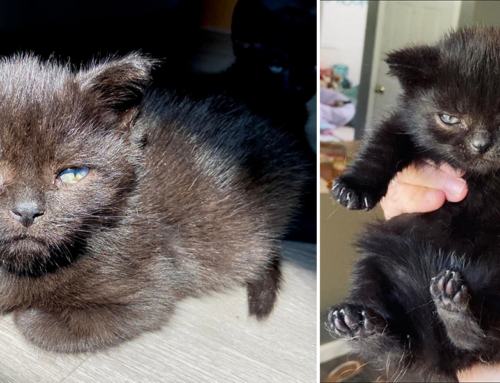
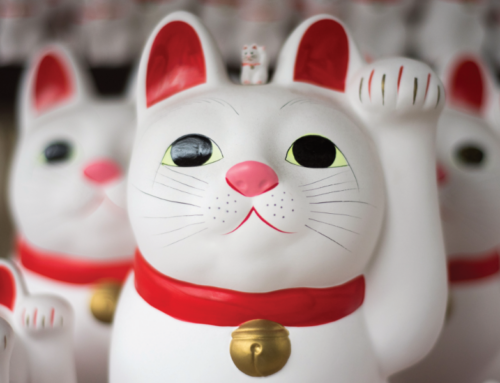
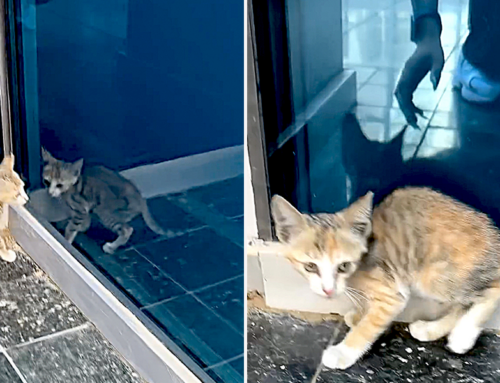
Very interesting article. I shared it on reddit r/cats.
Sooooo …. Cole is a sweet love bug and Marmalade is a lovable spaz … who is reflecting who?
So that’s the reason my babies behave like my husband and I. My husband says our dog copies the way he lays on the loveseat. Our one cat sometimes is friendly and other times fussy, like I am.